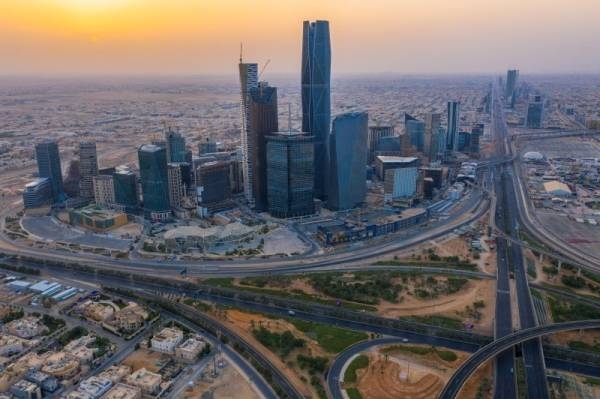In the first quarter of 2024, Saudi Arabia’s non-oil exports saw a 3.3 percent annual increase compared to the same period in 2023, as per a report by the General Authority for Statistics (GASTAT). This growth was primarily driven by a rise in the value of re-exports, which reached SR6.4 billion in March 2024, an 18 percent increase from the previous year. The International Trade Q1 2024 report by GASTAT highlighted positive trends in the Kingdom’s export sector, with a significant 19 percent increase in exports of chemical and allied industry products in March 2024 compared to the previous month, reaching a value of SR6.5 billion.
Merchandise exports and non-oil exports both saw a five percent and six percent increase respectively in March compared to February 2024. Additionally, exports of mineral products reached SR77.8 billion in March 2024, a 6 percent increase from the previous month. This indicates a positive trajectory for Saudi Arabia’s export sector in the first quarter of 2024. These numbers demonstrate the Kingdom’s commitment to diversifying its economy and reducing its reliance on oil exports.
The increase in non-oil exports is a strategic move by Saudi Arabia to boost its economy and reduce its dependency on oil revenues. By focusing on sectors such as chemical and allied industries, the Kingdom is able to tap into new markets and increase its export potential. This shift towards non-oil exports aligns with Saudi Arabia’s Vision 2030, which aims to transform the economy and create a more sustainable future for the country.
The rise in the value of re-exports is a positive sign for Saudi Arabia’s trade sector, as it indicates growing demand for the Kingdom’s products in international markets. By diversifying its export portfolio and increasing the value of re-exports, Saudi Arabia is able to mitigate the impact of fluctuations in oil prices and strengthen its position in the global market. This strategy not only boosts the country’s economic growth but also enhances its reputation as a reliable trade partner.
The positive trends in Saudi Arabia’s export sector are a testament to the country’s resilience and adaptability in the face of global economic challenges. Despite the uncertainty caused by the COVID-19 pandemic and fluctuating oil prices, Saudi Arabia has managed to maintain steady growth in its non-oil exports. This demonstrates the effectiveness of the Kingdom’s economic policies and its ability to weather external shocks. By continuing to focus on diversifying its economy and expanding its non-oil exports, Saudi Arabia is well-positioned to achieve long-term economic stability and growth.
In conclusion, the increase in Saudi Arabia’s non-oil exports in the first quarter of 2024 is a positive development for the Kingdom’s economy. By focusing on sectors such as chemical and allied industries and increasing the value of re-exports, Saudi Arabia is able to strengthen its position in the global market and reduce its reliance on oil revenues. The positive trends highlighted in the GASTAT report underscore the Kingdom’s commitment to diversifying its economy and building a more sustainable future. With continued focus on non-oil exports and strategic economic policies, Saudi Arabia is well-equipped to navigate the challenges of the global market and achieve long-term economic growth.











